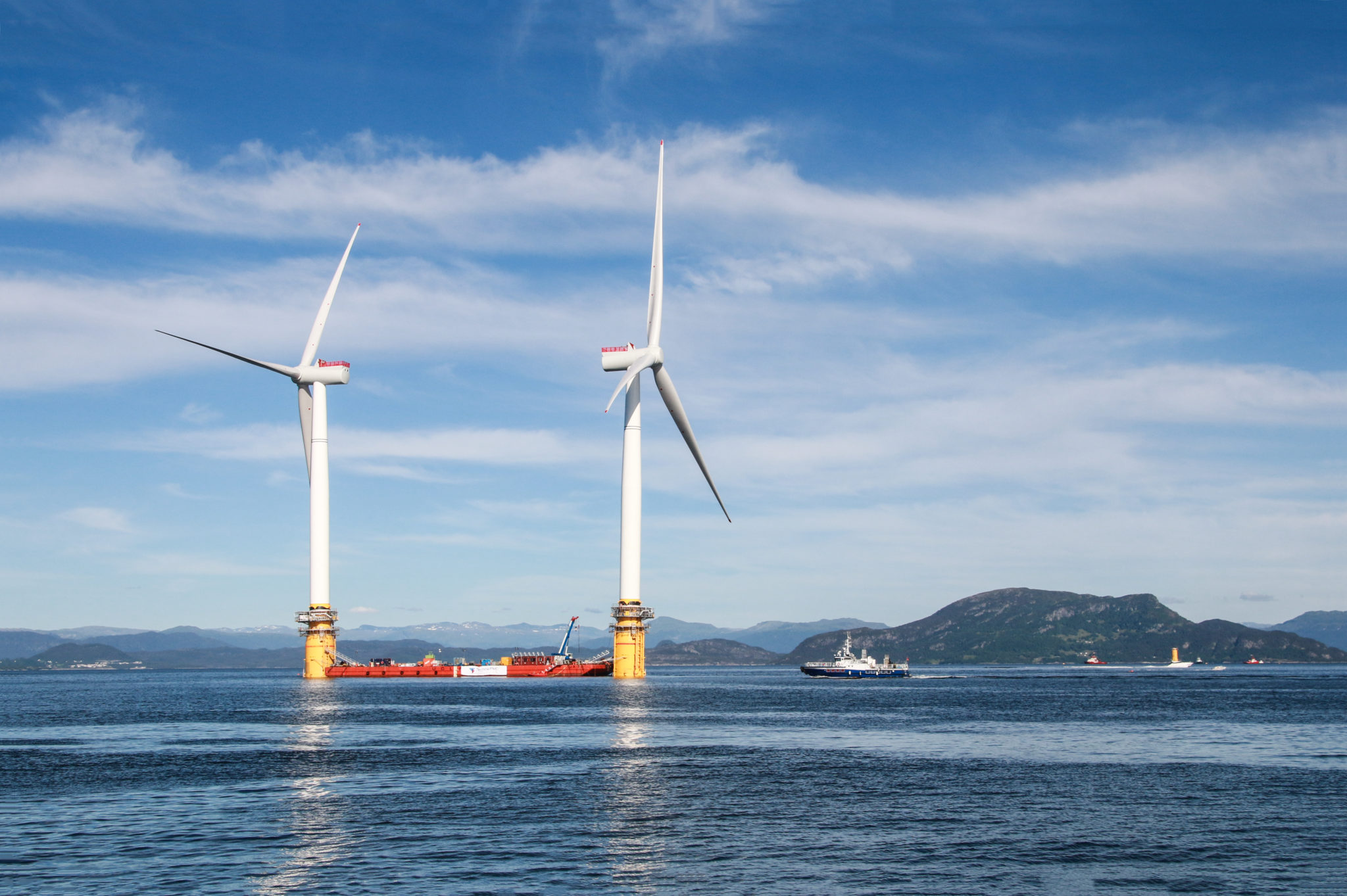Sustainable consumption in Spain: what is the impact of the new law on businesses and consumers?
Published on 23rd September 2025
The new law bans the resale of tickets at inflated prices, as well as advertising for short‑haul flights and fossil fuels

Spain’s Ministry for Social Rights, Consumer Affairs and 2030 Agenda on 4 July unveiled the Preliminary Draft Law on Sustainable Consumption. Far from a standalone initiative, it responds to EU regulatory requirements and Spain’s commitment to the green transition.
The draft’s main objective is to strengthen consumer and environmental protections while safeguarding the smooth functioning of the European Union single market. A central element is the transposition into Spanish law of EU legislation, notably Directive (EU) 2024/825 as regards empowering consumers for the green transition and Directive (EU) 2024/1799 on the right to repair goods.
The law is built around a set of pillars that recast the concept of consumer protection: countering unfair commercial practices, encouraging more conscious consumption, promoting the repair of goods, and ensuring clear, reliable and verifiable information about the environmental attributes of products and services.
In contrast with traditional consumer protection law, which has historically centred on safety, health and basic disclosure, the draft elevates environmental sustainability, corporate ethics and circularity to core principles. It explicitly targets greenwashing, planned obsolescence and misleading advertising as the principal threats to a responsible consumer market.
Combating misleading commercial practices and greenwashing
One of the most far-reaching elements of the draft law is its amendment of Law 3/1991 of 10 January on Unfair Competition, which broadens the definition of unlawful commercial practices. It goes beyond prohibiting manifestly false information to also sanction environmental claims that, even if accurate, are liable to mislead or lack verifiable substantiation.
The use of generic terms such as “green,” “eco” or “sustainable” without scientific substantiation is expressly prohibited unless backed by robust scientific evidence, and the draft law provides that environmentally misleading expressions may be grounds for revocation of trademark registrations, provided the relevant legal requirements are met.
The draft law goes further by classifying as unfair any advertising of future climate targets – such as “we will be carbon neutral by 2030” – unless they are underpinned by a detailed, realistic implementation plan with measurable goals that are capable of independent third‑party audit. It also prohibits the display of sustainability labels or seals that are not based on a transparent, open and non‑discriminatory certification scheme, or that have not been established by public authorities.
The move to tougher rules didn’t just appear out of thin air: Spanish courts have already begun to rule on disputes related to greenwashing, having recently dismissed a claim for allegedly misleading advertising based on environmental and energy‑transition commitments. This ruling underscores the need for a clearer, more stringent regulatory framework – such as that proposed by the draft law – to address these practices effectively.
The right to repair and the end of planned obsolescence
The draft law introduces robust measures to tackle planned obsolescence and promote a circular economy aiming to extend product lifespans and reduce waste. To that end, it establishes a new "right to repair", requiring manufacturers to provide spare parts and technical support for several years.
Also, the law incentivises repair over the replacement of defective products by granting a 12‑month extension to the legal guarantee where the consumer opts for repair rather than replacement. It also establishes a co‑funding scheme for repairs carried out outside the legal guarantee period, thereby encouraging the design of more durable products from the outset.
For digital products and software, the draft law bans a range of practices deemed unfair. Businesses may not conceal information about updates that could adversely affect the performance of goods with digital elements, nor may they market as “necessary” an update that merely adds new features rather than ensuring the product’s conformity or safety.
Transparency and integrity across the value chain
The draft law regulates marketing communications and the techniques that may mislead or manipulate consumers. As a symbolic measure, it bans advertising for fossil‑based energy products such as coal and oil.
It also restricts advertising for vehicles powered exclusively by fossil fuels and for short‑haul flights where cleaner alternatives are available that would not extend the journey by more than two and a half hours. The rationale mirrors the approach to tobacco and alcohol restrictions, recognising climate impacts as a public health risk.
The so-called “fear-based advertising” − which uses extreme or unlikely scenarios to create a sense of urgency − is regulated. Such commercial communications must be accompanied by verifiable quantitative or statistical information that enables consumers to make a realistic assessment of the risk.
It also imposes a clear duty to disclose “shrinkflation”, where the quantity of a product is reduced without a corresponding reduction in price, and it bans the resale of tickets for cultural or sporting events at prices exceeding the original price adjusted for inflation by reference to the consumer price index. In the digital environment, online marketplaces and comparison websites are required to be transparent about the criteria they use to rank search results. The use of reviews of dubious credibility is also prohibited, and companies must explain how they verify user reviews to ensure their authenticity.
Osborne Clarke comment
This draft law marks a turning point in Spanish consumer and competition law. From a legal and strategic perspective, it sends a clear message that sustainability is no longer a matter of voluntary corporate social responsibility but has become a legal imperative.
Greenwashing and planned obsolescence are no longer merely questionable marketing practices but forms of unfair competition subject to sanction. The most exposed sectors—such as automotive, energy, and consumer goods—will be required to undertake a comprehensive review of their business models, communications, and relationships with suppliers and customers.
The draft law concluded its public consultation phase on 31 August and now returns to the Council of Ministers for further debate, before being submitted to the Congress of Deputies for parliamentary consideration and potential approval.





